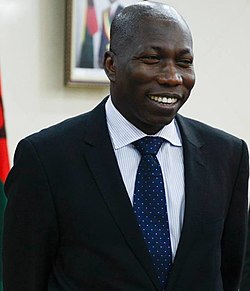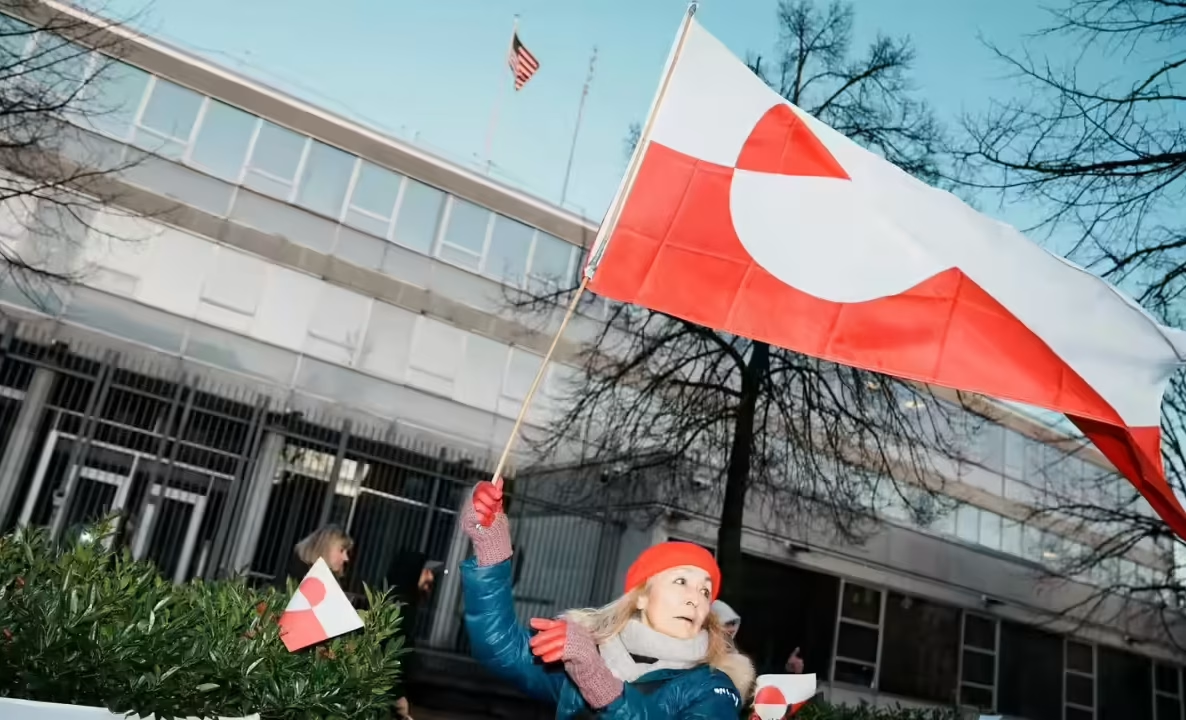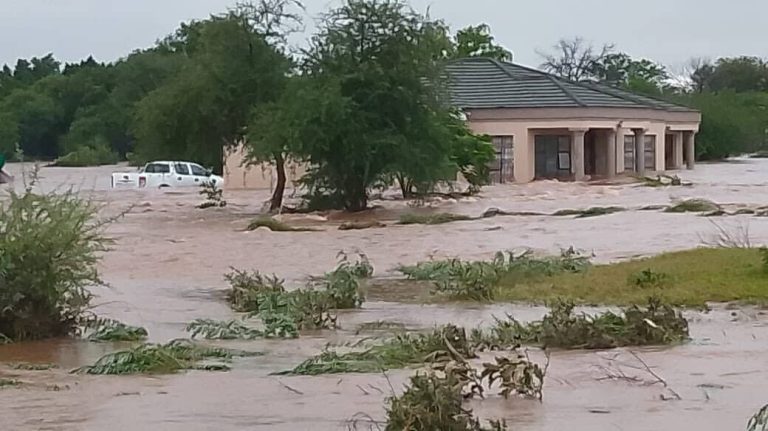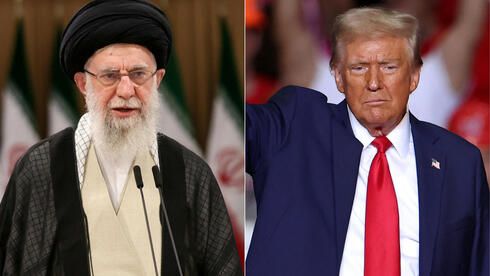
150709-N-AC887-002 Bissau, Guinea-Bissau (July 9, 2015) Secretary of the Navy (SECNAV) Ray Mabus met with the prime minister of the Republic of Guinea-Bissau, Domingos Simoes Pereira in Bissau, Guinea-Bissau. Mabus is in the region to discuss the importance of maritime security and and to reinforce existing partnerships with African nations. (U.S. Navy photo by Chief Mass Communication Specialist Sam Shavers/Released)
Guinea-Bissau’s political landscape heated up on Friday as opposition leader Domingos Simões Pereira made a dramatic return from exile to formally submit his candidacy for the country’s upcoming presidential election, scheduled for November 23.
Pereira, a former prime minister and head of the historic PAIGC party, which led Guinea-Bissau’s struggle for independence from Portugal, has spent the past nine months abroad.
He left the country citing threats to his life and mounting legal troubles, including accusations of corruption and an alleged coup plot.
He landed in Bissau, the capital, on Friday night under heavy security. Supporters, undeterred by torrential rain, gathered at the airport to cheer his return, though Pereira declined to address waiting reporters.
Just days earlier, while speaking to supporters in Portugal, Pereira vowed to spearhead what he described as a “democratic fight” against President Umaro Sissoco Embaló, his long-standing rival.
He later confirmed via social media that he would be contesting the presidency and intended to meet the September 26 deadline for submitting his candidacy.
Pereira was Embaló’s main challenger in the disputed 2019 presidential election, which plunged Guinea-Bissau into a constitutional crisis after two rival leaders declared themselves president. While the electoral commission declared Embaló the winner, Pereira rejected the results, insisting the mandate was illegitimate.
Pereira and opposition allies argue that Embaló’s five-year term, which began on February 27, 2020, has already expired. His return, analysts say, could escalate political tensions in a country with a long history of instability.
“His comeback is risky because several accusations still hang over him,” noted political analyst João Alberto Djata, pointing to the unresolved charges of coup plotting and corruption.
Guinea-Bissau remains one of West Africa’s most coup-prone nations. Since gaining independence in 1974, the country has endured four successful coups and at least 17 failed attempts—a stark reminder of its fragile democracy.



